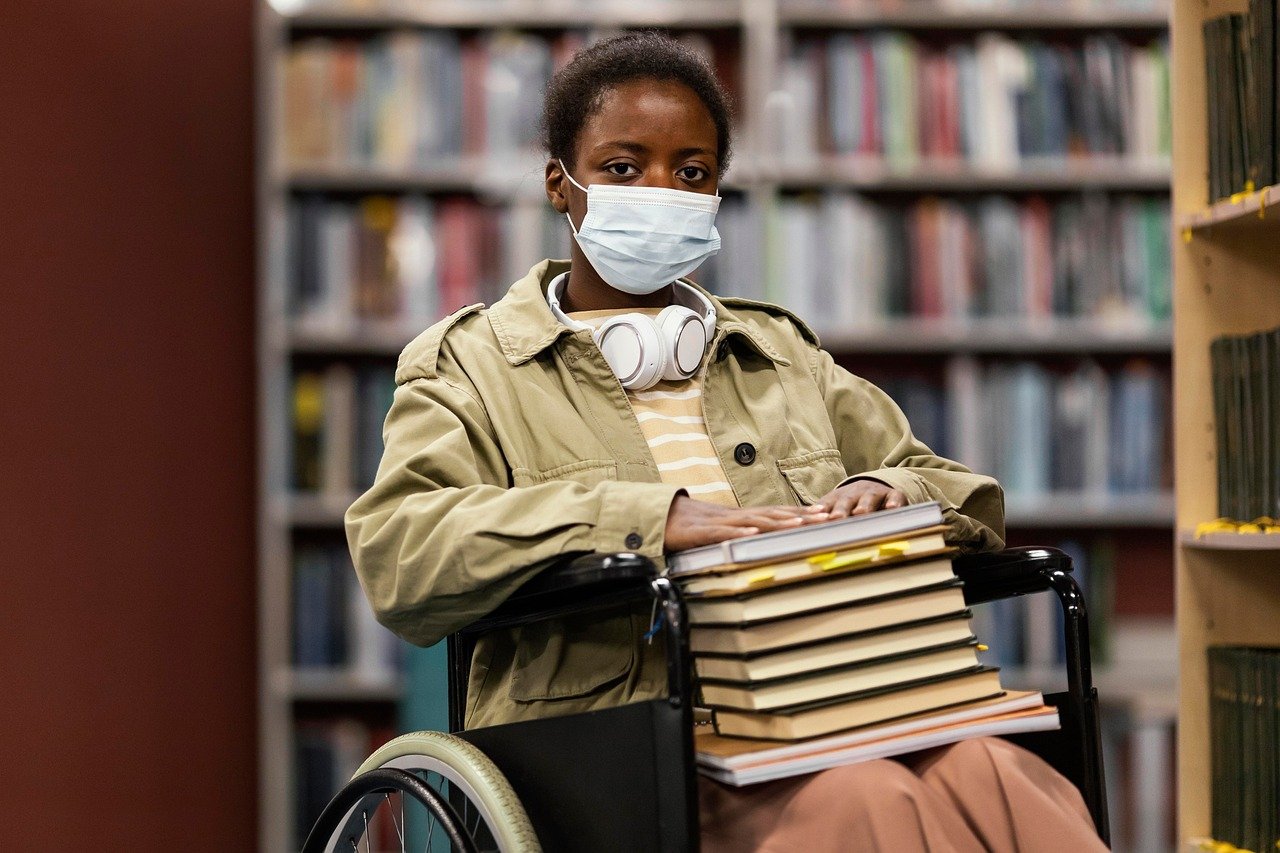Context and Problem
Doncaster faces significant challenges in education, particularly for children and young people (CYP) requiring alternative provision. High rates of fixed-term exclusions, persistent absenteeism, and poor educational outcomes characterize the local education landscape. Vulnerable students often grapple with mental health issues, low self-esteem, and disengagement from traditional schooling. These challenges create a gap between educational attainment and readiness for the workforce, leaving many students unprepared for life after school. To address these systemic issues, the City of Doncaster Council (CDC) launched a transformative initiative focused on personalized and inclusive education models.
Solution
The Big Picture Doncaster (BPD) and Vega College models offer an innovative approach to alternative education. Funded through a Social Impact Bond (SIB), these programs are tailored to meet the individual needs of students who struggle in traditional settings. BPD supports Key Stage 3 learners with small class sizes, individualized learning plans, and a nurturing environment that encourages re-engagement. Vega College focuses on Key Stage 4 students, equipping them with workplace skills and accredited qualifications to prepare them for employment or further education.
Personalized learning lies at the heart of both models, with students pursuing interests aligned with their passions. Mental health and emotional well-being are integrated into the curriculum to provide a holistic education experience. Vega College enhances employability by connecting students with meaningful work placements. The supportive and inclusive environments foster self-worth and engagement, creating pathways for long-term success.
Impact
Since its inception, BPD has engaged over 400 CYP. Vega College has supported 120 students, achieving an attendance rate of nearly 90%, which is 30% higher than traditional education settings. Academic outcomes have also improved, with 78% of Vega College students showing significant progress in predicted GCSE grades compared to their previous schools. Furthermore, 84% of BPD’s annual outcome targets were met, and Vega College achieved 79%. Students reported greater self-awareness, improved mental health, and stronger relationships with peers and teachers, highlighting the programs’ transformative impact.












